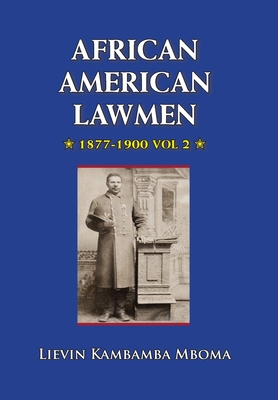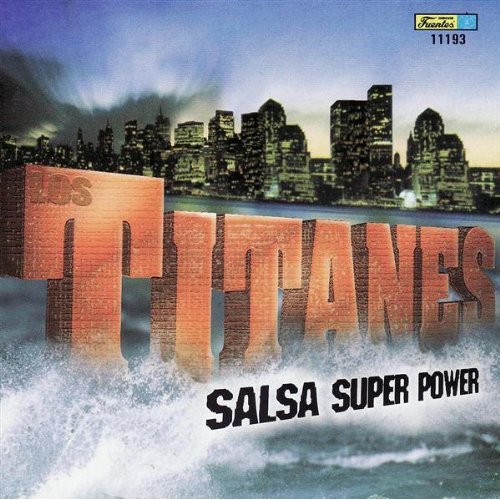
From Reconstruction failure and federal government responses, Mboma's study progresses to documentary evidence of the emergence of Black union members, their associations with the Republican Party and Lily Whites, and the Black and Tans political phenomenon. Moreover, he analyzes legally restrictive franchise methods utilized by Southern officials, such as the Constitutional Amendment and political party's restrictive election measure, which he describes as tools used to disenfranchise African Americans and circumvent their inclusion in criminal justice. The specific areas of inclusion in the criminal justice system explored by Mboma include African American retentions, exclusion, and re-inclusions in the police force, prisons, judiciary system, and regulatory agencies at the county, state, and federal levels.
The totality of historical documentation analyzed reveals that many African Americans executed political strategies to maintain their presence as political actors at the local and state levels. They furthermore joined the fusion government or switched political parties on the federal level. Additionally, the strategic exodus of African Americans heading North, West, or even East to Liberia to overcome civil and political injustices in the South cannot be discounted. Thus, the works of such leaders as Henry Adams of Louisiana and Benjamin 'Pap' Singleton of Tennessee during the African American exodus from the South are highlighted in the context of connections with the emergence of African Americans in the pollical sphere of the North. This book is an essential addition to the literature on African Americans in the aftermath of Reconstruction for students, professors, scholars and anyone interested in U.S. history and law.







